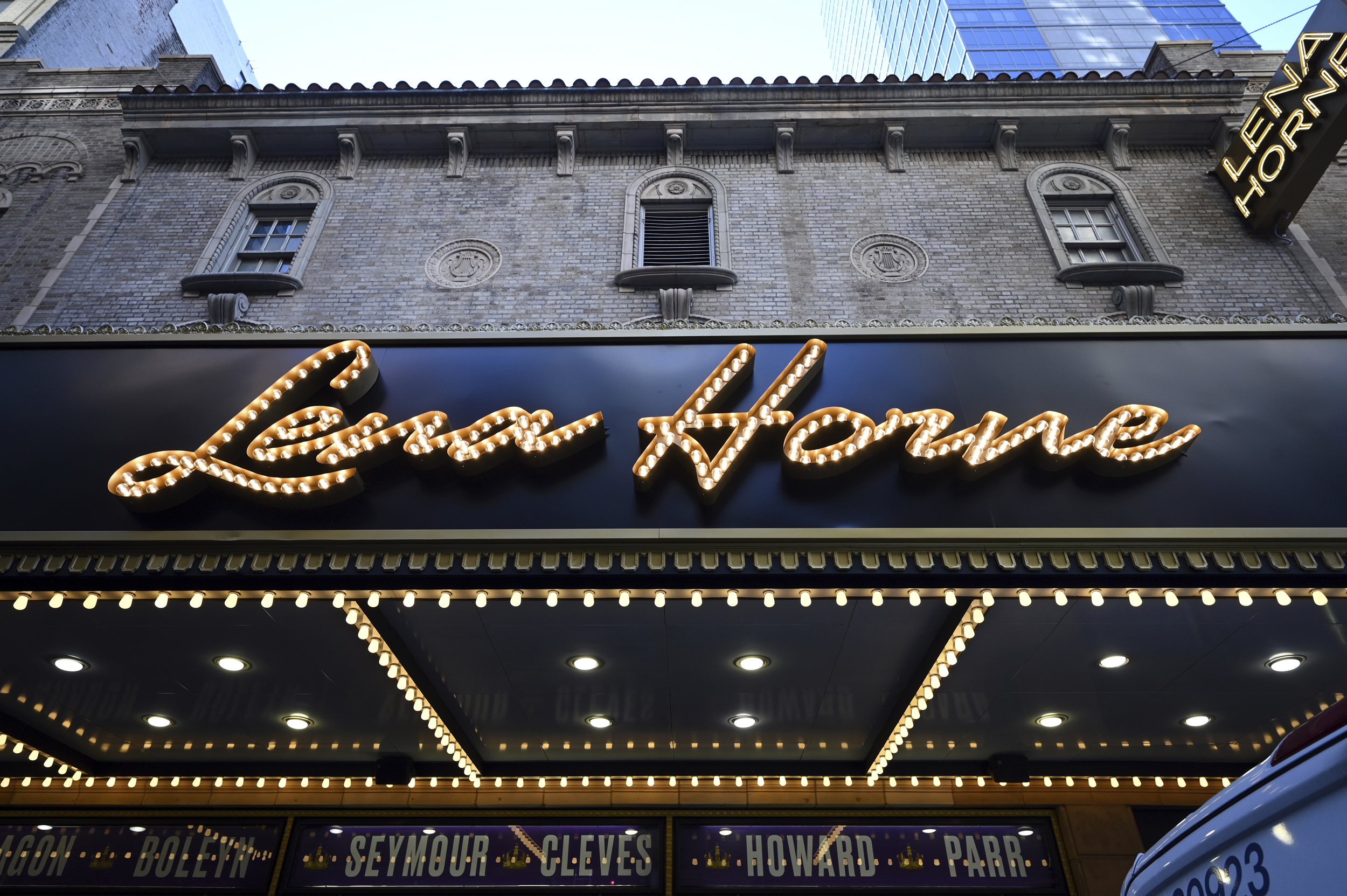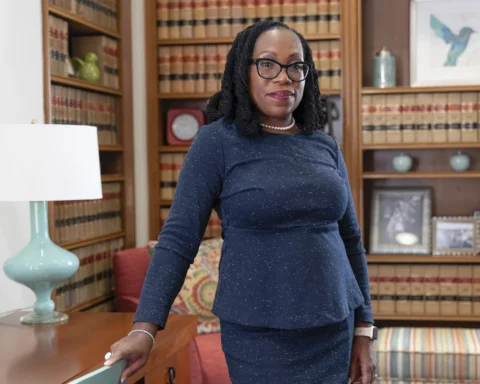By Claretta Bellamy
The former Brooks Atkinson Theatre on West 47th Street in New York City has officially been renamed the Lena Horne Theatre.
Lena Horne made history this week as the first Black woman to have a Broadway theater named in her honor.
The Brooks Atkinson Theatre on West 47th Street, near Broadway in Manhattan’s Theater District, was renamed the Lena Horne Theatre on Tuesday in recognition of Horne, the famed performer and civil rights activist. The Lena Horne Theatre, which seats more than 1,000 people, is one of nine Broadway theaters throughout New York City belonging to the Nederlander Organization. Matthew Broderick, Gene Hackman, Jerry Stiller and other well-known actors have appeared on its stage.
Built in 1926, it was originally known as the Mansfield Theatre before it was renamed for the notable New York Times drama critic Brooks Atkinson in 1960. Horne, who was born in 1917 in Brooklyn and died in 2010 at age 92, was a trailblazing singer, dancer, actor and civil rights activist. The daughter of a banker and an actor, Horne was of Black, European and Native American descent. She dropped out of school at 16 to perform at the famed jazz venue the Cotton Club and pursue a career in the spotlight.
She made her Broadway debut in the 1934 production “Dance With Your Gods” and made her first onscreen appearance at age 21 in the 1938 film “The Duke Is Tops.” Horne’s other noteworthy appearances include roles in the 1978 film “The Wiz,” which was inspired by “The Wizard of Oz” and featured an all-Black cast, including stars like Michael Jackson and Diana Ross.
Horne also immersed herself in the music world, recording hits like “Stormy Weather,” “At Long Last Love” and “Mad About the Boy.” She broke barriers by becoming the highest-paid Black entertainer at the height of her career in the early 1940s, and she graced the cover of multiple publications, including Hue magazine in 1953. She also became an active member of the civil rights movement, filing lawsuits accusing multiple theaters and restaurants of discrimination and participating in several rallies, including the March on Washington in 1963.
Horne won several awards, including two Grammys, in 1982 and 1996, along with a Lifetime Achievement Award in 1989.
In 1965, she released a memoir titled “Lena.”





